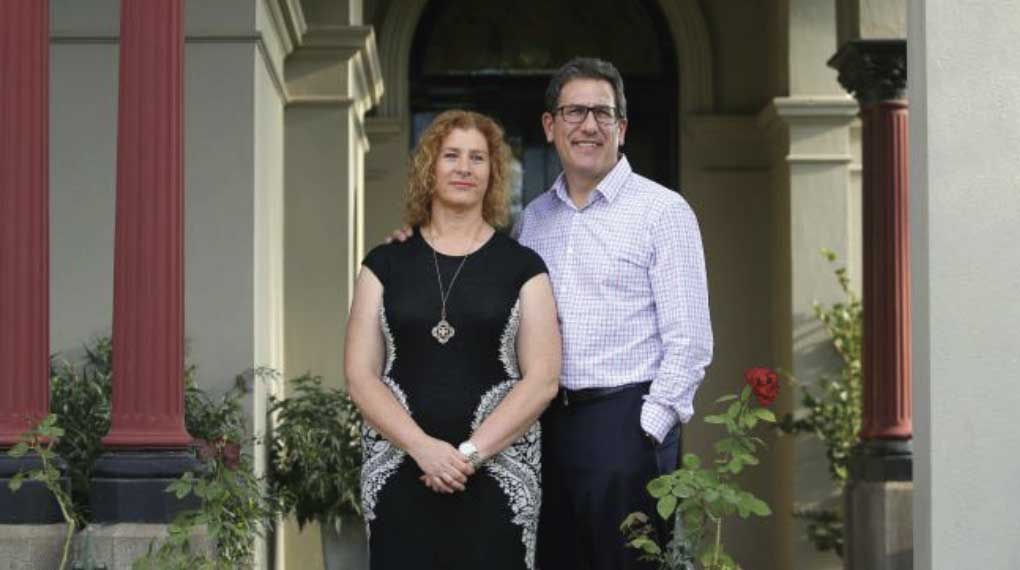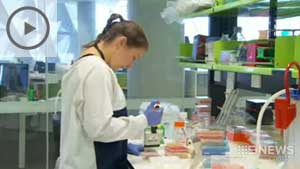Specialised Therapeutics Strikes Deal with World Courier Australia to Manage Logistics for Specialty Pharma Products
World Courier Australia selected to manage all delivery, storage operations for STA’s growing portfolio of specialist healthcare products
Melbourne, Australia 16 June 2016: International biopharmaceutical company Specialised Therapeutics Australia has struck an important agreement with global logistics partner World Courier Australia (WCA) to manage and handle its growing portfolio of specialist healthcare products around the country.
Under the terms of the arrangement, WCA will undertake all critical logistics functions on behalf of STA, including receipt of pharmaceutical products, storage and delivery.
It will also assist STA with special labelling tasks and will prepare and deliver clinical trial products to key research sites in Australia and internationally as required.
Commercial terms are not being disclosed, but the arrangement formally takes effect in mid-July.
STA Chief Executive Officer Mr Carlo Montagner said WCA was carefully and strategically selected for its high standards, state of the art facilities and successful track record handling complex pharmaceutical products.
“No other specialty logistics company has the experienced personnel, global offices and in-market expertise required to ensure the optimal handling, transport and delivery of vital healthcare products,” he said.
“This deal comes as we seek to expand our business and bring new therapeutics to patients and doctors in Australia.
“It is imperative we have the right logistics support and we are confident that WCA has the capability and sophisticated technology (including redundancy and back up systems) to ensure our speciality products are optimally handled and managed from end to end.”
World Courier is a part of AmerisourceBergen Corporation – one of the world’s largest pharmaceutical sourcing and healthcare distribution services companies with revenues in excess of US $135 billion.
The Victorian World Courier Australia site is TGA-licensed for labelling, storage and secondary packaging. It has an ISO 9001 and ISO 14001 compliant quality management system.
Services provided include validated storage for drugs, diagnostic kits and medical devices. Further, WCA provides round-the-clock access to inventories, transport of all investigational drugs and supplies from country of origin to depot, as well as immediate delivery of specified drugs/kits from the depot to in-country locations.
WCA also has capability to oversee and manage drug return and destruction as required.
About Specialised Therapeutics Australia
Specialised Therapeutics Australia is an international biopharmaceutical company providing pioneering healthcare solutions to patients throughout Australia, New Zealand and South East Asia. Headquartered in Melbourne, Australia, STA and its affiliate company Specialised Therapeutics Asia Pte Ltd collaborates with leading global pharmaceutical and diagnostic companies to bring novel, innovative and life changing healthcare solutions to patients affected by a range of diseases. STA is committed to making new and novel therapies available to patients around the world, with a broad therapeutic portfolio spanning oncology, haematology, urology and ophthalmology. Additional information can be found at www.specialisedtherapeutics.com.au
About World Courier Australia
World Courier is a global specialty logistics company that designs world-class supply chain programs in complete alignment with customers’ business goals. The company delivers ultimate peace of mind for the transport and storage of time- and temperature-sensitive products. For more than 45 years, only World Courier has delivered the unsurpassed knowledge, global reach and flawless supply chain execution needed to become the most trusted specialty logistics company in the world. For more information, visit worldcourier.com.
About AmerisourceBergen
AmerisourceBergen is one of the largest global pharmaceutical sourcing and distribution services companies, helping both healthcare providers and pharmaceutical and biotech manufacturers improve patient access to products and enhance patient care. With services ranging from drug distribution and niche premium logistics to reimbursement and pharmaceutical consulting services, AmerisourceBergen delivers innovative programs and solutions across the pharmaceutical supply channel. With over $135 billion in annual revenue, AmerisourceBergen is headquartered in Valley Forge, PA, and employs approximately 18,000 people. AmerisourceBergen is ranked #16 on the Fortune 500 list. For more information, go to www.amerisourcebergen.com.





